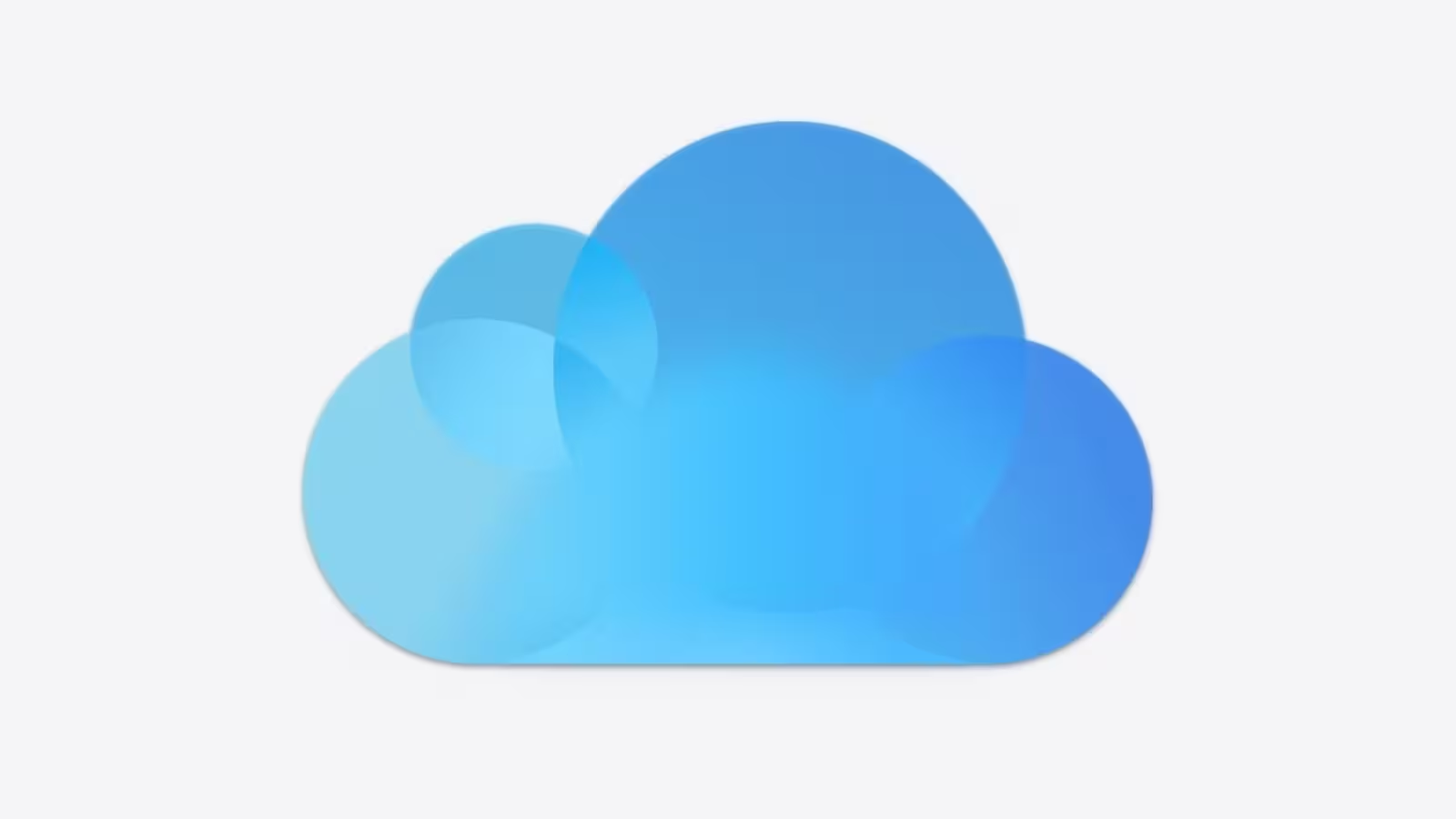5 Minutes
In the fiercely competitive world of cloud computing, industry giants like Amazon Web Services (AWS), Google Cloud Platform, and Microsoft Azure have dominated the market for years. However, recent reports have revealed that Apple, the technology powerhouse behind the iPhone and Mac, has seriously considered entering the cloud services arena, potentially shaking up the status quo for both developers and enterprise clients.
Inside Apple's Secret Cloud Ambitions
While Apple has traditionally focused on hardware and software ecosystems, sources close to the company indicate that executives have explored the idea of offering dedicated cloud computing services tailored for app developers. These internal discussions, reported by The Information, suggest Apple envisioned providing server rentals to developers building applications for iOS, macOS, and beyond, effectively positioning itself as an alternative to the likes of AWS, Azure, and Google Cloud.
According to insiders, Apple's cloud initiative centered on leveraging its own custom silicon. The concept was to deploy Apple's energy-efficient, high-performance chips in data center servers to support demanding workloads, including AI-powered applications and large-scale data processing. Proponents of the idea believed that the efficiency of Apple Silicon could translate to tangible cost savings for developers—making Apple's offering competitive in both price and performance.
Project ACDC: Bringing Apple Silicon to the Data Center
The internal project, known as "Project ACDC" (Apple Chips in Data Centers), came to light in May 2024. The initiative focused on developing server-grade Apple Silicon, purpose-built for data center environments and artificial intelligence processing. Part of the undertaking included the launch of Private Cloud Compute, a secure platform utilizing Mac chips within Apple’s own data centers to handle AI workloads.
Initial deployments reportedly benefited Apple's own teams: Siri engineers were the first to test the new infrastructure, experiencing measurable improvements in speed and accuracy. Gains were also noted in processing costs when compared to Intel-based servers. As the pilot expanded, other teams—such as Photos and Apple Music—were brought on board, further validating Apple’s approach.
Apple's Unique Advantages in Cloud Computing
A key differentiator in Apple’s cloud vision was its end-to-end control over both hardware and software. The ability to optimize cloud server hardware with Apple-designed chips could yield efficiency and security advantages, especially for AI and privacy-focused applications. This approach echoes how Apple designs its devices, but at a hyperscale infrastructure level.
Additionally, Apple is no stranger to operating mission-critical, high-load servers, as evidenced by processing massive volumes of Apple Wallet transactions and other key data services. The company has continued to invest in AI server hardware, with plans rumored to involve new chips to replace the already-powerful M2 Ultra currently used for Apple Intelligence queries.
Revenue Potential and Competitive Landscape
While Apple has not yet launched a public cloud service for external developers, the financial incentive is clear. The market for cloud computing is expanding rapidly. Google’s cloud business alone generated $43.2 billion in revenue in 2024, accounting for 12% of Alphabet’s income. With Apple already spending an estimated $7 billion a year on cloud services from Amazon and Google—primarily for AI training—building its own infrastructure could not only save money but open new revenue streams.
The potential launch of Apple’s cloud computing service would offer app developers a new choice in cloud infrastructure, benefiting from next-generation hardware optimized for artificial intelligence, security, and power efficiency. As the demand for scalable cloud solutions intensifies, Apple’s entry could disrupt the current market, encouraging innovation and potentially lowering costs across the industry.
Future Possibilities: Will Apple Join the Cloud Race?
Although the fate of Apple’s internal cloud project remains uncertain, recent discussions continued into the first half of 2024, even after key cloud executive Michael Abbott departed in 2023. Whether talks are ongoing behind the scenes or have slowed remains unknown, but the prospect of Apple launching a cloud platform for developers is both intriguing and highly relevant in today’s AI-driven tech ecosystem.
For tech professionals, developers, and industry watchers alike, Apple’s potential move into the cloud signifies not just a new product offering, but a major strategic shift that could drive advancements in edge computing, AI training, data security, and mobile application development globally. As Apple continues to innovate in silicon and software, all eyes will be on whether it takes the plunge into the cloud computing market.
Source: appleinsider


Leave a Comment